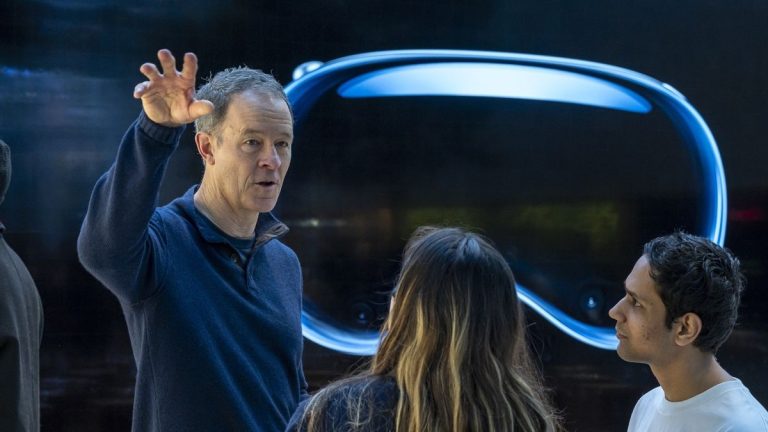In a surprising turn of events, Apple, traditionally considered a beacon of innovation, has decided to halt its ambitious electric car project and redirect its focus towards the burgeoning field of generative artificial intelligence. This strategic pivot, which includes the reassignment of 2,000 employees, represents a major shift from leading industry trends to following the huge surge in investment in AI technology in the 2020s.
The decade-long electrical project comes to an end
For ten years, Apple's electric vehicle project has served as a beacon of its commitment to leadership in innovation and environmental sustainability. However, the latest announcement has surprised many, signaling a radical shift in the company's strategic direction. This decision reflects a broader trend in the industry as companies increasingly turn to artificial intelligence, which is considered crucial to future technological progress. Apple's move to abandon its electric car initiative underscores the company's awareness of the potential of artificial intelligence and the need to catch up in this rapidly developing field.
Generative Artificial Intelligence: The New Frontier
Apple's entry into the field of generative artificial intelligence comes at a time when the technology is witnessing a major boom, with investments pouring into artificial intelligence research and development. The decision to focus on generative AI is a response to the technology's potential to revolutionize various sectors by automating creative processes, enhancing productivity, and encouraging innovation. Apple aims to integrate AI technologies across its product portfolio, enhancing user experiences and operational efficiency. This shift is also in line with shareholder demands for greater transparency and ethical accountability in the use of AI, as outlined in the company's 2024 proxy statement.
Future implications and industry impact
The implications of Apple's strategic shift are multifaceted. On the one hand, this indicates a major reorganization of resources and priorities within the company, which could pave the way for groundbreaking developments in artificial intelligence. On the other hand, it raises questions about the future of electric cars and Apple's role in shaping next-generation technologies. Moreover, Apple's shift toward artificial intelligence highlights competitive pressures in the technology industry, where staying ahead requires constant innovation and adaptation. As Apple embarks on this new journey, the tech world is watching closely, anticipating the impact this decision will have on the broader innovation and competition ecosystem.
In the technology and innovation landscape, Apple's decision to prioritize generative AI over its electric vehicle project demonstrates a strategic adaptation to the evolving demands and opportunities of the 21st century. While this step represents the end of an era for Apple's ambitions in the field of electric cars, it opens a new chapter in the company's quest for technological leadership, with artificial intelligence at the forefront. As Apple navigates this transformation, the implications for the technology industry and future technological advances remain unclear, promising a future in which the potential of artificial intelligence is fully realized.

